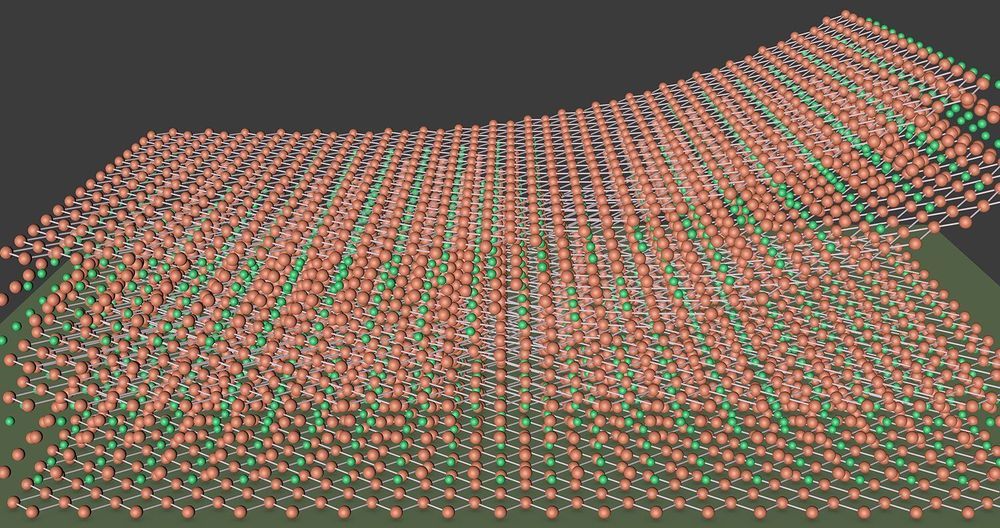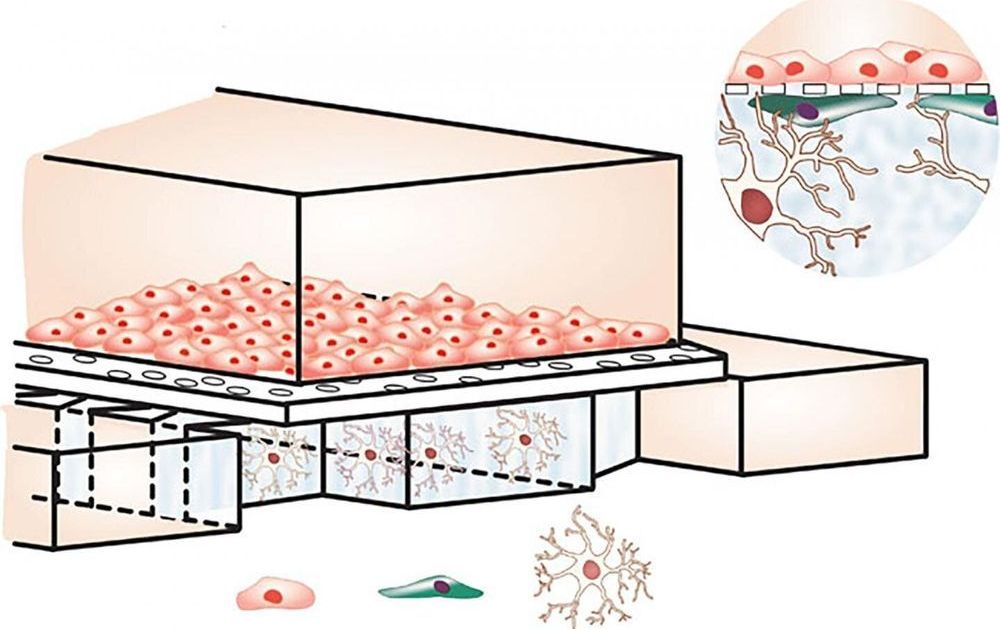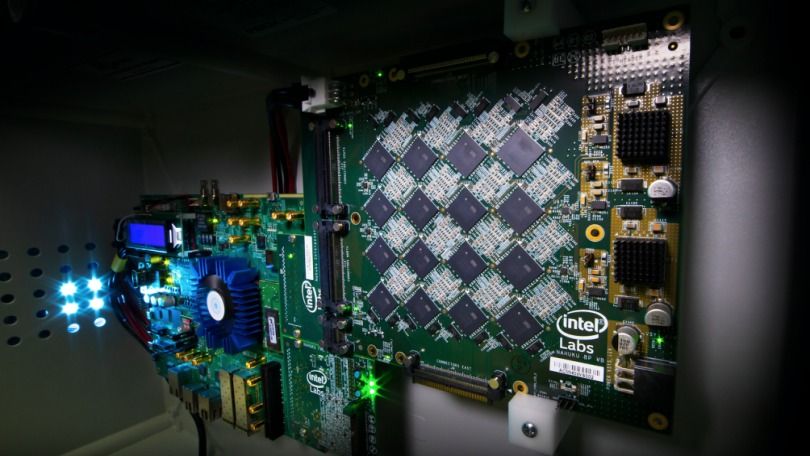All the elements are there to begin with, so to speak; it’s just a matter of figuring out what they are capable of—alone or together. For Leslie Schoop’s lab, one recent such investigation has uncovered a layered compound with a trio of properties not previously known to exist in one material.
With an international interdisciplinary team, Schoop, assistant professor of chemistry, and Postdoctoral Research Associate Shiming Lei, published a paper last week in Science Advances reporting that the van der Waals material gadolinium tritelluride (GdTe3) displays the highest electronic mobility among all known layered magnetic materials. In addition, it has magnetic order, and can easily be exfoliated.
Combined, these properties make it a promising candidate for new areas like magnetic twistronic devices and spintronics, as well as advances in data storage and device design.







